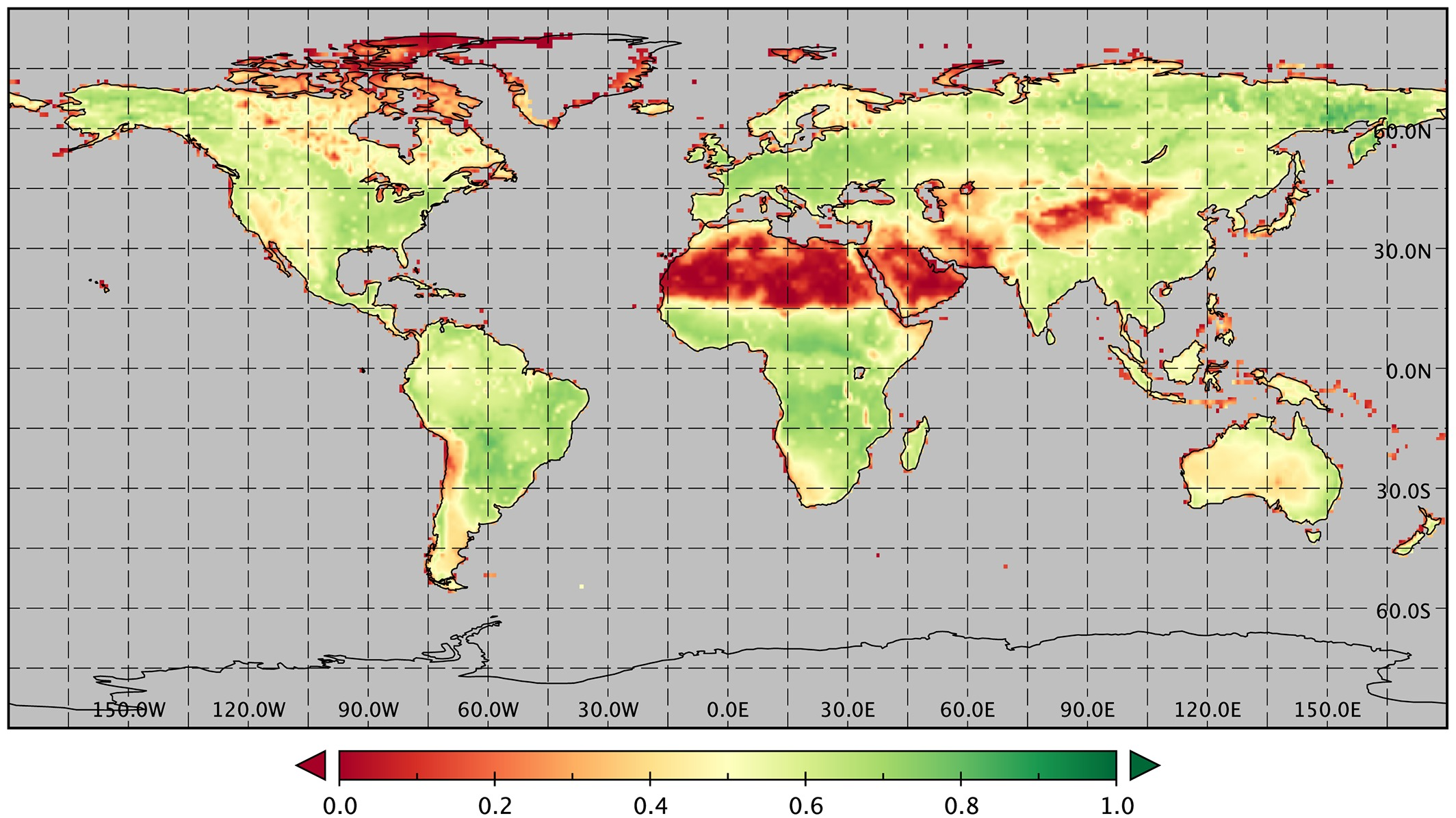Terrestrial Water Cycle Research
Terrestrial Water Cycle Research
Terrestrial Water Cycle Research
The terrestrial water cycle is a core process in Earth system science, involving multiple components including precipitation, evaporation, transpiration, runoff, and groundwater recharge. We are committed to deeply understanding the physical mechanisms, spatiotemporal variation characteristics, and responses to climate change of the terrestrial water cycle through multi-scale observations, numerical simulations, and theoretical analyses. Our research covers multiple levels from microscopic soil-vegetation-atmosphere interactions to global-scale water cycle simulations.
Core Research Directions
Evapotranspiration Processes and Mechanisms
- Separation and quantification of plant transpiration and soil evaporation
- Response mechanisms of evapotranspiration to climate change
- Water use strategies of different vegetation types
- The dominant role of evapotranspiration in the terrestrial water cycle

Precipitation-Runoff Processes
- Precipitation infiltration and soil moisture movement
- Formation mechanisms of surface runoff and subsurface runoff
- Hydrological responses to extreme precipitation events
- Watershed-scale water cycle process simulation

Water Cycle Responses to Climate Change
- Impacts of climate change on various components of the water cycle
- Hydrological effects of extreme climate events
- Impacts of water cycle changes on ecosystems
- Water cycle predictions under future climate change scenarios
Technical Features
Multi-Scale Observation Capabilities
- Site-scale high-frequency observation networks
- Regional-scale remote sensing monitoring
- Global-scale water cycle datasets
- Multi-platform observation technology integration
Advanced Numerical Simulation
- High-resolution land surface hydrological models
- Isotope tracer technology applications
- Data assimilation and parameter optimization
- Uncertainty quantification analysis
Theoretical Innovation and Applications
- New developments in water cycle theory
- Applications of water cycle in climate change research
- Applications of water cycle in eco-hydrology research
- Applications of water cycle in agricultural hydrology research
Application Areas
- Climate Change Research: Assessing the impact of climate change on the water cycle
- Water Resource Management: Providing scientific basis for water resource planning and management
- Eco-Hydrology Research: Studying interactions between ecosystems and the water cycle
- Agricultural Hydrology Research: Assessing agricultural water use efficiency and irrigation management
- Environmental Monitoring: Monitoring water pollution and water quality changes
Open Research Topics
Terrestrial water cycle research offers rich research opportunities for graduate students and collaborators. The following are our current research focuses:
We welcome graduate students and collaborators interested in any of the above topics to contact us and jointly advance the innovative development of terrestrial water cycle research!
Selected Related Publications (# indicates corresponding author):
-
Wei, Z.#, Yoshimura, K., Wang, L., Miralles, D. G., Jasechko, S., Lee, X. (2017). Revisiting the contribution of transpiration to global terrestrial evapotranspiration. Geophysical Research Letters, 44(6), 2792-2801.
-
Wei, Z.#, Miyano, A., Sugita, M. (2016). Drag and Bulk Transfer Coefficients Over Water Surfaces in Light Winds. Boundary-Layer Meteorology, 160(2), 319-346.
-
Wei, Z.#, He, X., Zhang, Y., Pan, M., Sheffield, J., Peng, L., Yamazaki, D., Moiz, A., Liu, Y., Ikeuchi, K. (2020). Identification of uncertainty sources in quasi-global discharge and inundation simulations using satellite-based precipitation products. Journal of Hydrology, 589, 125180.
-
More related research results will be published successively…